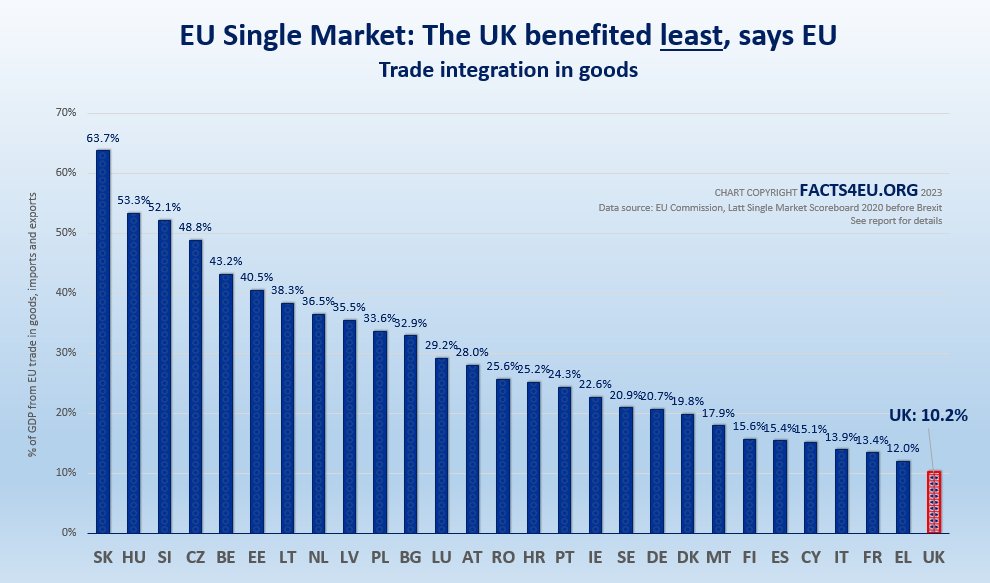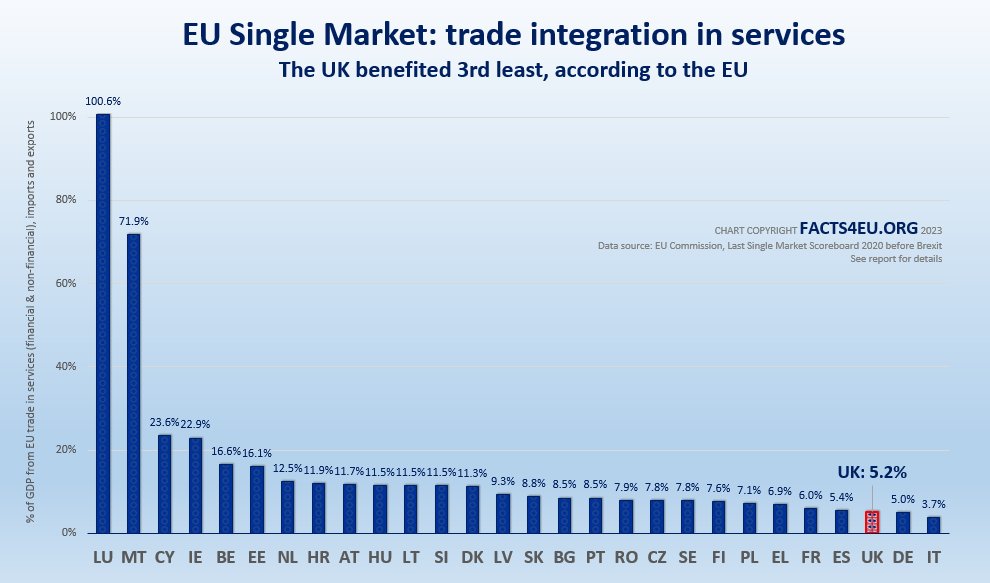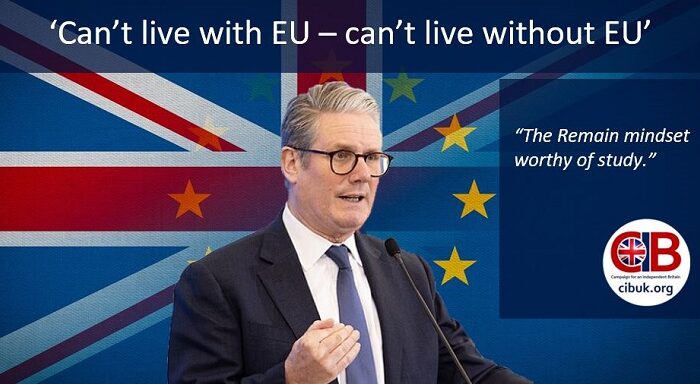‘Nul Points! UK benefits inside the EU Single Market’
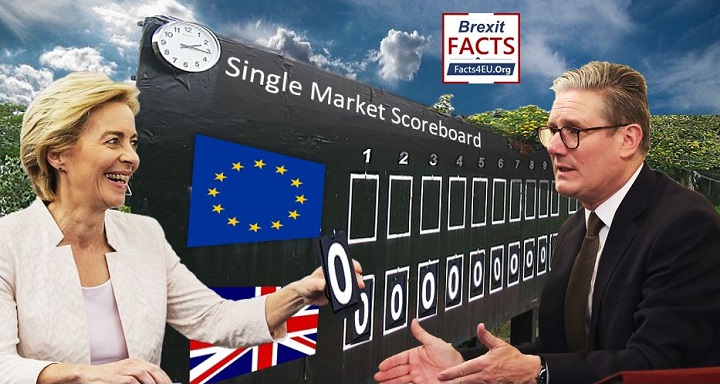
Forget our record in Eurovision down the years. Our performance has been positively dazzling compared to life inside the Single Market. In possibly the most dramatic set of data to emerge from the European Commission in recent years, we now have incontrovertible proof of the economic reality of life inside the Customs Union and it does not make happy reading for those wishing to ‘reset’ our relations with the EU.
In a shocking report which should send shockwaves through the entire establishment, it now appears that the trade benefits to Britain in both goods AND services were risible. In goods, the UK benefitted LEAST among the EU28, and in services, the THIRD LEAST.
Thanks to our Facts4EU team, the evidence is laid out for all to see in the following report which we reproduce in full. We invite readers to come to their own conclusions.
Why do Labour and the Rejoiners still love the EU when it damaged us so badly?
‘The UK benefited least from our greatest achievement,’
said the EU in their last Single Market report before Brexit
.
The Official ‘Single Market Scoreboard’ ranked UK bottom,
at No.28 out of 28 EU countries
With the 2nd highest net contributions, the UK got the least benefit from the EU’s pride and joy
All readers will remember how the EU’s Single Market was held up by the UK’s state-sponsored Remain Establishment as the jewel in the crown amongst the reasons why it was essential for the United Kingdom to remain a member of the European Union. The Rejoin campaign continues this false mantra to this day.
The Labour Government has stated repeatedly that there is no question of the UK rejoining the Single Market, and yet Sir Keir and his colleagues are now actively pursuing ‘closer alignment’ with it. This is one of the reasons why today’s report is needed.
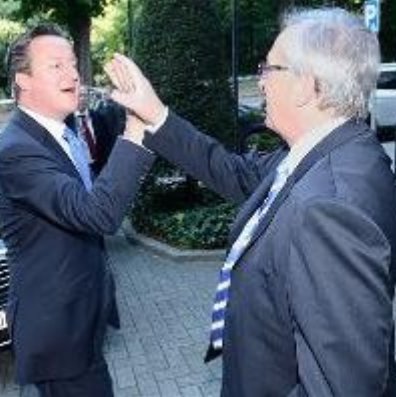
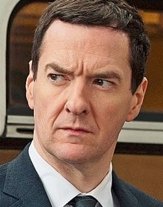
Prime Minister David Cameron, Chancellor George Osborne, and all of “the Great and the Good” didn’t stop talking about it. Without being a member of the Single Market, the public was told, the UK was more or less finished.
Between 500,000-820,000 people would lose their jobs almost immediately, the UK economy would fall off a cliff, house prices would plummet, and the defence of the Realm would be in peril.
So, how did the UK actually do out of the EU’s Single Market,
according to the EU itself?
Brexit Facts4EU.Org reviewed the last official EU ‘Single Market Scoreboard’ before the United Kingdom left on 31 December 2020. Here was the EU’s verdict.
“The UK has the lowest trade integration in the Single Market for goods and the third lowest trade integration for services.”
– Official EU Single Market Scoreboard, 2020 report
Summary
How the EU’s Single Market delivered nothing for the UK’s trade in GOODS
© Brexit Facts4EU.Org 2025 – click to enlarge
The chart shows the percentage of a country’s GDP represented by trade in goods with other EU countries (average of imports and exports). This is how the EU itself summarises the Single Market and trade.
The EU ranks its Single Market at the top of all its ‘greatest achievements’
It is important to be clear about the EU’s Single Market. It wasn’t a surprise that David Cameron, George Osborne, the BBC, and the rest of the Remain Establishment talked about the Single Market so much. The EU rates it as its ‘greatest achievement’.
As ever, Facts4EU.Org quotes from the EU Commission itself:-
“EXECUTIVE SUMMARY”
“The Single Market ranks at the top among the greatest accomplishments of European integration. For over 25 years, it has been delivering growth, jobs, legal certainty to business, a wide choice of safe products to consumers and guaranteeing the free movement to EU citizens in the Member States. It is part of our daily life, interweaving the activities of businesses and consumers across borders.”
– EU Commission website
.
“Ah, but what about services?” cry the Remainer-Rejoiners. “This is the UK’s strength!”
Facts4EU.Org also analysed the EU’s figures on the benefits of the Single Market to each country in respect of the service economy.
Firstly, we must once again point out that the Single Market does not work for services – the UK’s strength – by the EU’s own admission.

“The Single Market – this jewel that is all too often taken for granted –
does not function properly for services”
– Elżbieta Bieńkowska, EU Commissioner for the Single Market, 2017
The UK got almost as little benefit from its strength in services as in goods
Summary
How the EU’s Single Market delivered nothing for the UK’s trade in SERVICES
© Brexit Facts4EU.Org 2025 – click to enlarge
The chart shows the percentage of a country’s GDP represented by trade in services (financial and non-financial) with other EU countries (average of imports and exports). This is how the EU itself characterises this.
Here’s what happened when the UK actually left the EU’s Single Market
To add real-world post-Brexit evidence to what is shown stated above – and contrary to Remain predictions after we voted to leave – jobs went up not down, trade went up not down, house prices rose and did not fall, and growth continued instead of the forecast recession.
Observations
Year after year Facts4EU.Org summarised the official annual reports from the EU Commission on the performance of its “greatest achievement” – the Single Market.
Year after year the UK came bottom – benefiting the least out of all 28 member countries overall.
Above we have summarised the last EU report before the United Kingdom formally left the EU on 31 December 2020. This data is incontrovertible – it comes directly from the EU’s very own “Single Market Scoreboard” which is published each year.
Why is Facts4EU.Org publishing this analysis?
Imagine for a moment if the EU’s official ‘Scoreboard’ had shown the United Kingdom at the top, in terms of the benefits it received in trade with the EU’s Single Market. The BBC, Financial Times, Guardian, Sky News and ITN would have been all over this. There would have been daily laments about the economic catastrophe of leaving the Single Market.
Instead, all we got were economists’ projections claiming the UK had suffered since leaving the EU. We did not see the results of the EU’s official Single Market Scoreboard published anywhere. This is why we researched and published these reports. The British public deserved to know these facts.
The Single Market and all the other similar constraints of EU Membership were all inhibitors of growth – the Labour Government’s No.1 priority. The last thing the country needs, as its economy appears to be sliding into stagnation and possibly recession, is another inhibitor on growth.
CIBUK would like to thank Brexit Facts4EU.Org for their permission to republish this report. The original can be found here.
Main image: Montage © Facts4EU.Org 2025



